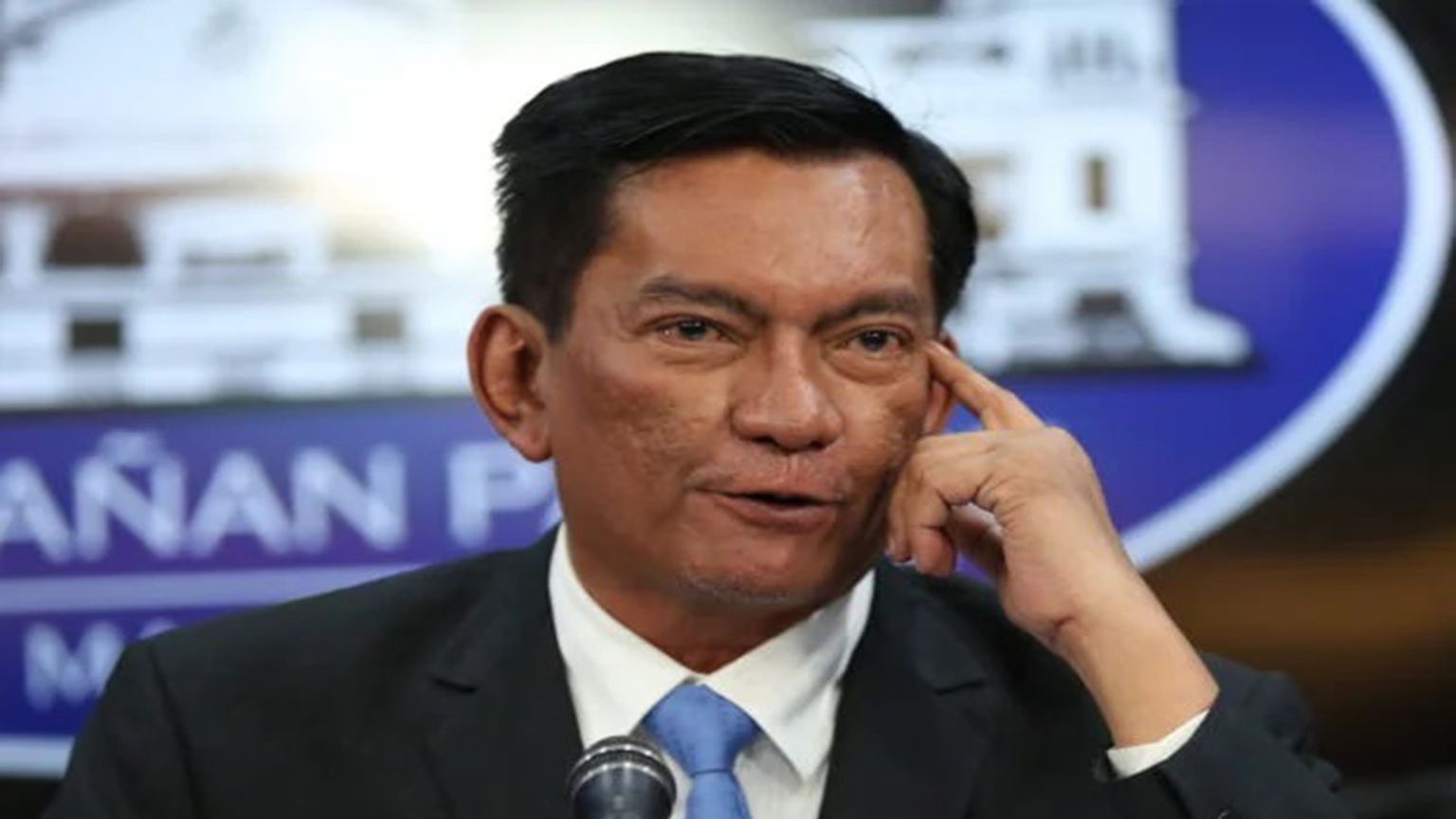Rep. Joey Salceda, chair of the House Ways and Means Committee, met with the economic team of Marcos to discuss slapping zero tariff on imported fertilizers, machineries and farm equipment to improve local agricultural production.
Rep. Joey Salceda yesterday urged the economic managers to reduce to zero the tariff on fertilizers, machineries and farm equipment to boost domestic production and address productivity and competitiveness issues locally.
Salceda, chair of the House Committee on Ways and Means, said the tariffs can be increased by five percent for the next 18 months on imported agricultural products that have not exceeded their bound rate yet, Business Mirror reported.
“In a [Thursday] meeting [with the economic managers], I proposed reducing tariffs on equipment, fertilizers, and farm machineries to zero, and to increase the tariffs on imported agricultural products such as meat, chicken, and vegetables by 5 percent outside our free trade partners, as long as they have not exceeded their bound rates,” he said in a statement.
Leaders of the House, including Salceda, Speaker Martin Romualdez, Appropriations Committee chairman Zaldy Co and senior vice chair Stella Luz Quimbo, Deputy Speaker Ralph Recto, Majority Leader Manuel Dalipe, met with Finance Secretary Benjamin Diokno, National Economic and Development Authority (NEDA) Director-General Arsenio Balisacan, and Budget and Management Secretary Amenah Pangandaman to discuss the proposed 2023 national budget and other priority bills.
“According to the International Trade Association, the Philippine average applied tariff rate for those under the Most Favored Nation (MFN) regime is 9.8 percent for agricultural products. The average bound rate, or the highest tariff rate we can apply, for agricultural products under MFN is 35 percent. So, there is plenty of room for adjustment,” Salceda said.
“The differentials in prices between imported and domestic agri products are also large enough to be able to absorb the higher tariffs on imports. The landed cost of imported pork, for example, should be P265 per kilo, and domestic pork is sold at around P355 per kilo,” he added.
Salceda said zero tariffs on inputs and slightly higher tariffs on agricultural output will allow Philippine farmers to “benefit from trade in inputs, while also getting higher direct support from tariff revenues.”
Input cost is the problem
“The problem of the domestic sector is really input costs. Fertilizers are especially problematic, as fertilizers are 85 percent higher than last year’s prices. We impose 1 percent to 3 percent tariffs on fertilizers,” he added
Executive Order No. 133 already exempts agricultural enterprises from tariffs on their imported machineries and equipment, but small farm holders do not have the capacity to import products directly, and instead buy from domestic dealers who have to pay import duties and pass them on, according to Salceda.
“This is also in parallel with my bill to allocate tariffs on agricultural products to the domestic sector, or House Bill No. 2471,” he said.
Salceda was referencing his Universal Tariffs for Domestic Competitiveness Act, which, if enacted, would allocate tariff revenues of all imports of raw agricultural products to funding for support for domestic sector counterparts.
“So, we should tackle them side by side. Sen. Imee [Marcos] already asked me about the bill.”
“The revenues from agri products should go to the nearest substitutable equivalent of the import, in other words, the sector that is hurting. For imported pork, it’s domestic swine producers. For industries without an exact domestic equivalent, such as, say, palm oil, we can provide assistance to the coconut sector,” he said.
Earlier, Philippine Chamber of Agriculture and Food Inc. proposed that the government earmark all tariff collections from imported commodities to develop domestic agricultural industries.
“This is in line with President Marcos’s objective of expanding domestic sector productivity to bolster our food security. He’s right. Especially given climate issues, if the world stops selling to us, and we don’t have a strong domestic agri sector, we’re done for,” Salceda added.
Tags: #Salceda, #economicteam, #zerotariff, #agriculture
